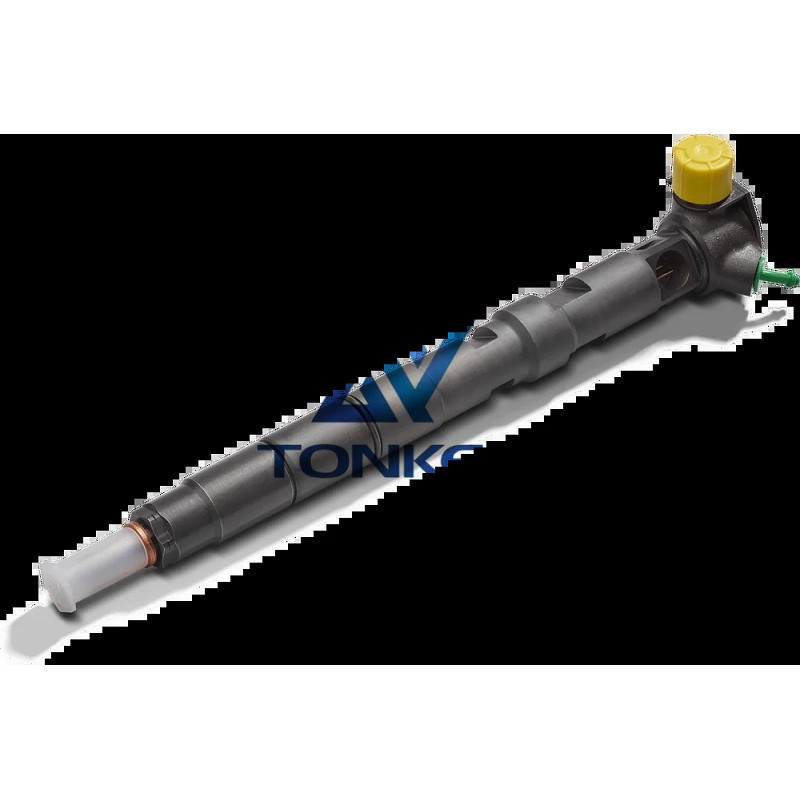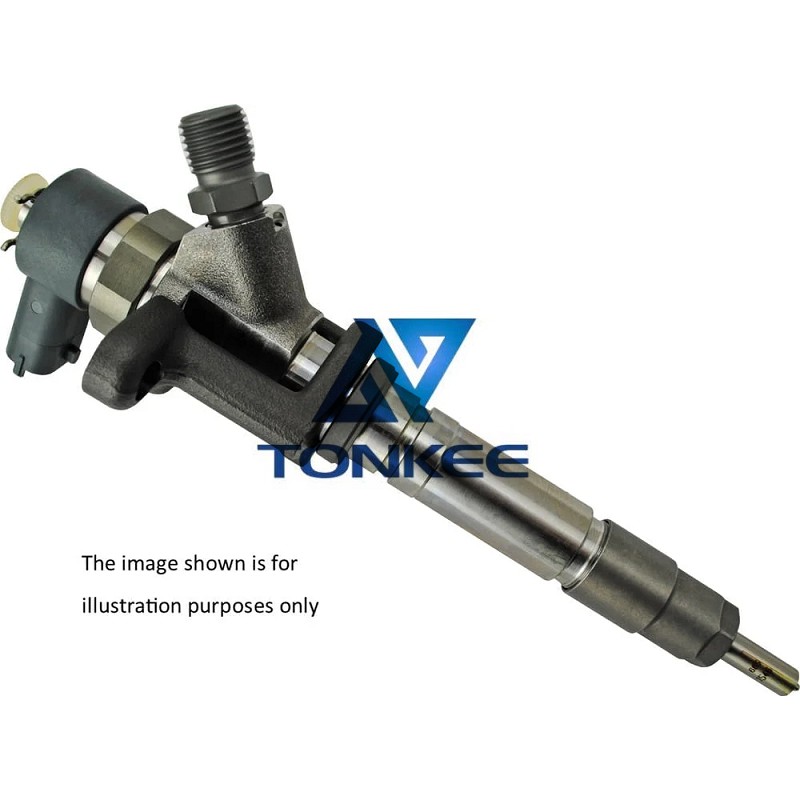
Injector Type: Common Rail Diesel Injectors are typically of the solenoid or piezoelectric type.
Solenoid injectors are known for their durability and reliability, while piezoelectric injectors offer even more precise control over fuel delivery.
Flow Rate: The injector's flow rate determines how much fuel is delivered with each injection. This is a critical factor in optimizing engine performance and efficiency.
Fuel Atomization: Efficient atomization of fuel is essential for achieving clean and complete combustion. Well-designed injectors ensure that fuel is broken down into tiny droplets for optimal combustion.
High Pressure: Common Rail systems operate at very high pressures, often exceeding 2,000 bar. This high pressure ensures that the fuel is injected into the combustion chamber with the necessary force for efficient combustion.
Multiple Injection Events: Many modern diesel engines use multiple injection events within a single engine cycle. This allows for precise control over combustion, which can improve power output and reduce emissions.
Nozzle Design: The nozzle's design is crucial for delivering fuel in a consistent and precise spray pattern.
This contributes to efficient combustion and minimizes soot formation.
Compatibility: Common Rail Diesel Injectors come in various sizes and configurations to be compatible with a range of diesel engines, from passenger cars to heavy-duty industrial applications.
Durability: Given the harsh conditions inside an engine, durability is a key consideration. Materials and construction must withstand high temperatures and pressures while maintaining reliable performance.
Electronic Control: Many modern diesel engines employ electronic control of injectors to fine-tune fuel delivery according to operating conditions. This can enhance fuel efficiency and reduce emissions.
Emissions Control: Diesel injectors are essential for controlling and reducing harmful emissions, helping diesel engines meet stringent emission standards.



 English
English Русский язык
Русский язык



